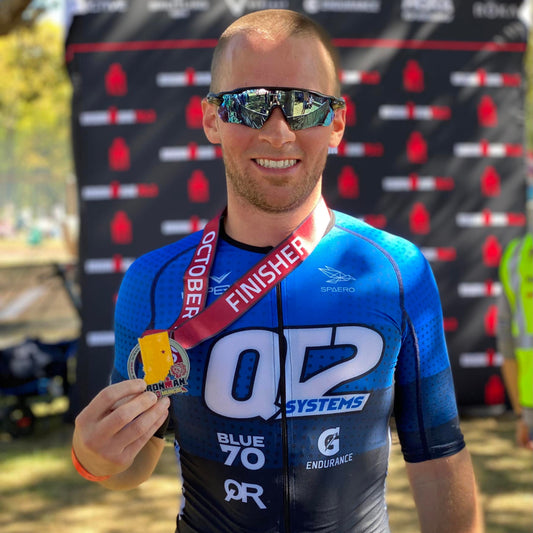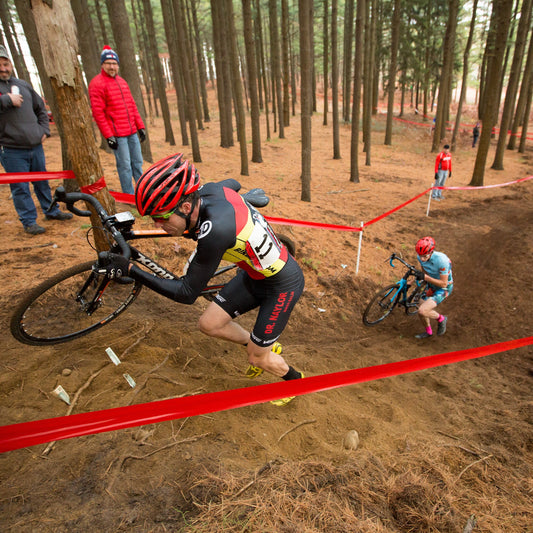The Fine Line Between Commitment and Burnout
You push yourself hard. Probably harder than most. You thrive on challenge, demand excellence from yourself, and set big, ambitious goals. That mindset is what makes you a Driven Competitor—the kind of athlete who won’t back down when things get tough.
But here’s the reality: Burnout doesn’t come from training hard—it comes from not managing your drive effectively.
You’ve probably heard phrases like “Listen to your body” or “Rest is important,” but if you’re being honest, you don’t really like those phrases. Rest feels like lost time. Like an opportunity for someone else to outwork you.
That mindset is what gets you to the top, but it’s also the mindset that can break you if you don’t learn to manage it properly.
What is Training Stress, Really?
Training stress isn’t just about how much volume or intensity you put in—it’s about how well your body and mind recover from that stress.
🔹 Acute Stress (Good Stress):
- The fatigue from a hard workout that makes you stronger.
- The mental pressure of a big race that fuels your focus.
🔹 Chronic Stress (Bad Stress):
- Accumulated fatigue that you never fully recover from.
- Constantly feeling drained, unmotivated, or irritable.
- Pushing through when your body is sending clear warning signs.
🔹 Burnout:
- The point where mental and physical fatigue override motivation.
- Performance declines even though you’re training just as hard.
- You stop enjoying the sport—and might even resent it.
The problem? Driven athletes often ignore the difference between “pushing through” and “burning out.” You see discomfort as something to override rather than listen to.
But the smartest competitors don’t just train harder—they train smarter.
The Burnout Cycle: How It Starts
If any of these sound familiar, you may be on the edge of burnout without realizing it:
1️⃣ You Ignore Fatigue: You assume being tired is just part of the grind, so you push through every workout no matter what.
2️⃣ Performance Declines: You start missing splits, struggling to hit power numbers, and workouts feel harder than they should.
3️⃣ Frustration Kicks In: You double down. Instead of backing off, you push harder.
4️⃣ Mental Exhaustion Sets In: Motivation starts slipping. You don’t feel like training, but you force yourself anyway.
5️⃣ You Break: Injury, illness, or sheer exhaustion finally stops you.
Sound familiar? That’s because most Driven Competitors fall into this cycle at some point. The best ones learn to recognize the early signs and stop it before it’s too late.









